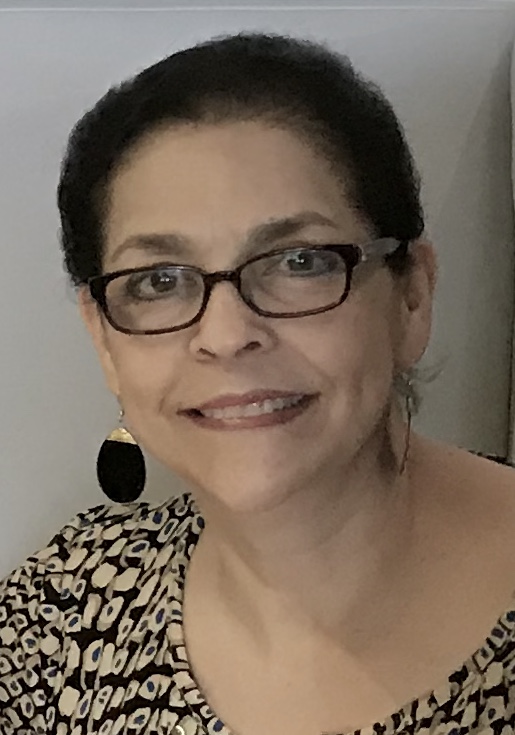ISSN: 1941-4137
POETRY THAT ENACTS THE ARTISTIC AND CREATIVE PURITY OF GLASS
POETRY THAT ENACTS THE ARTISTIC AND CREATIVE PURITY OF GLASS

María Vargas is a Nicaraguan poet, narrator, and translator. She graduated from UAB with a BA in English and a BA in Philosophy, and from The University of Alabama with a PhD in Latin American Literature. Her work has appeared in anthologies published in England, Argentina, USA, and Nicaragua. In 2010, she won a Hackney Literary Award and, in 2004, her book, Los ojos abiertos del silencio (The Open Eyes of Silence) won the Rafaela Contreras Prize for Central American Women Writers. She’s a member of the Nicaraguan Association of Women Writers and of PEN Nicaragua. She lives in Birmingham, Alabama.
No One
"No one leaves home unless
home is the mouth of a shark …"
— Warsan Shire
No one leaves home unless your next-door neighbor
is an MS-13 gangster who’s teaching
your ten year old son how to rob gas stations,
how to sell drugs, how to torture, cripple, and kill …
No one leaves home unless you see on TV
the naked, burnt body of a dead baby
set aflame with his entire family inside their house,
police snipers outside ready to shoot
anyone who manages to survive
or any fireman who tries to extinguish the fire …
No one leaves home, unless the government sends
thugs wearing hoods and soldiers
with high powered weapons of war
against students armed with nothing but rocks,
slingshots, and cell phones to record
the bullet entering the skull,
the spurts of blood impossible to contain,
faces and legs blown to pieces,
the terrified friends, the wounded animal screams …
No one leaves home for fun, like going for a picnic
by the shore or to visit grandma on her birthday,
no one decides on a whim to grab the one, five, ten
year old child for a three month long journey
through hell if they weren’t running for their lives,
if what’s ahead weren’t less deadly than what’s left behind.
No one would willingly risk rape, assault,
hunger, the heat of unforgiving desert sands
or the official gorillas at the border who blindly
follow orders without compassion,
ready to take terror-stricken children away
from desperate parents, place them in cages,
and send them to whoever and for whatever purposes,
not bothering to write down a name,
a phone number, an address, to find them later
and deport them with their parents.
At fancy restaurants, you receive a claim check
to retrieve your coat after dinner,
why is the life of a dark-skinned child less valuable
than a raincoat or the two and a half yards of a wool jacket?
Are migrant children so unimportant, so undeserving
of kindness, that no one thought of keeping track?
This is the nation many countries aspired to be
(at least until now), a shining hope
now tarnished by greed, racism, ignorance,
and corruption, no better than the so-called
“shithole countries” or banana republics
with their wannabe little emperors,
who help their cronies and relatives become
wealthy with official jobs where millions are made
and hidden away in Caribbean islands.
Still, this place, this place is something better,
a cut above others where decency, sanity, and prayers
have proved as useless as a guitar for a man with no arms,
healthier than the burning countries left behind,
better than the death sentence of an MS-13 friendship,
safer than the knife under the ribs,
the electric cables to the genitals,
the bullet to the forehead
or the pliers to the nails …
No one would ever want to leave home
otherwise,
no one …
Glass: A Journal of Poetry is published monthly by Glass Poetry Press.
All contents © the author.
All contents © the author.





